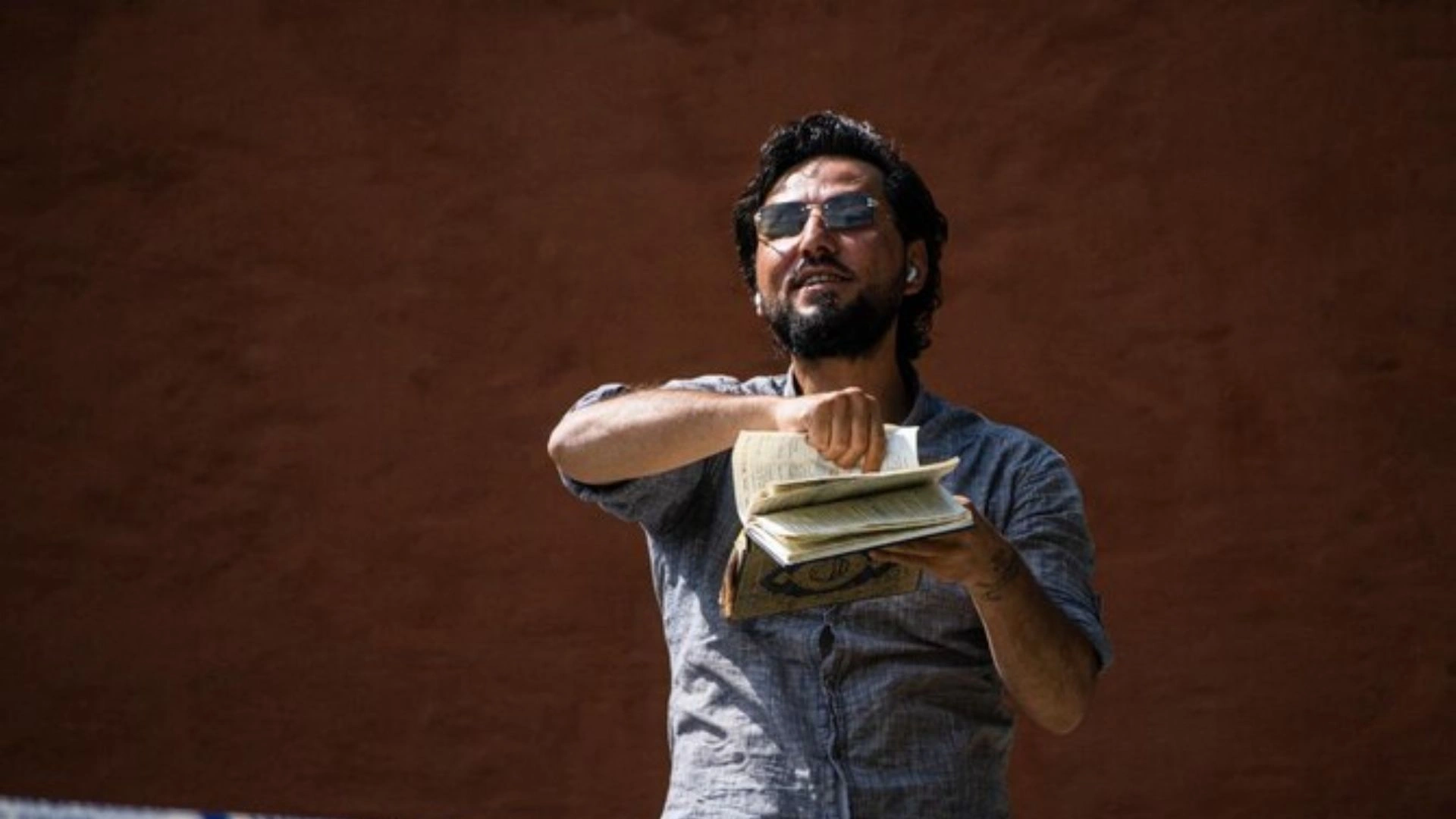Sweden’s Prime Minister has suggested that a foreign power may have been involved in the fatal shooting of anti-Islam campaigner Salwan Momika, just hours before a trial verdict over his Qur’an burning activities was due. The incident has intensified concerns over international influence and the security situation in the country.
Salwan Momika, a 38-year-old Iraqi refugee, was shot late on Wednesday in a house in Södertälje, near Stockholm. Police have arrested five individuals in connection with the killing, although it remains unclear whether the shooter is among those detained. Momika was known for his controversial public demonstrations, which included burning copies of the Qur’an, actions that provoked outrage both within Sweden and globally.
Following his death, a Stockholm court dismissed the case against Momika and postponed the verdict for another individual involved in the same criminal trial, which centered on charges of “offences of agitation against an ethnic or national group.”
Prime Minister Ulf Kristersson expressed concerns that the killing could be linked to a foreign entity. “I can assure you that the security services are deeply involved because there is obviously a risk that there is a connection to a foreign power,” Kristersson stated. Deputy Prime Minister Ebba Busch condemned the murder, calling it a threat to Sweden’s democracy and emphasizing the need for a robust response from society.
The Swedish Security Service is closely monitoring the situation to determine any impacts on national security, although the police are leading the investigation. Last year, the Security Service reported that the Iranian government had been using criminal networks within Sweden to carry out violent acts against other states, groups, and individuals.
In 2023, Sweden raised its terrorism alert to the second highest level following a series of Qur’an burnings by Momika and other activists, which angered many Muslims and prompted threats from jihadist groups. The incident underscored the complex intersection of free speech, religious sensitivity, and security concerns.
Momika’s actions also had broader geopolitical implications. Turkey temporarily suspended talks with Sweden regarding its NATO application after a separate Qur’an burning incident in January 2023. Despite these challenges, Sweden eventually joined NATO in March 2024, nearly a year after Finland, following simultaneous applications by the two Nordic countries.
Momika’s lawyer, Anna Roth, confirmed that he had been aware of the significant threats to his life, stating that there was “a price on his head.” Despite having police protection during public protests and court appearances, it appears that Momika did not have such protection at his home.
In March 2024, Momika sought asylum in Norway, criticizing Sweden’s commitment to freedom of expression and human rights. However, Norway deported him back to Sweden within weeks. Sweden’s migration agency had wanted to deport him for providing false information on his residency application, but concerns over potential torture and inhumane treatment in Iraq prevented this action.
The death of Salwan Momika has raised significant questions about international involvement in domestic conflicts and the broader security implications for Sweden. As investigations continue, the incident highlights the delicate balance between protecting free speech and ensuring public safety in a diverse and dynamic society.


















